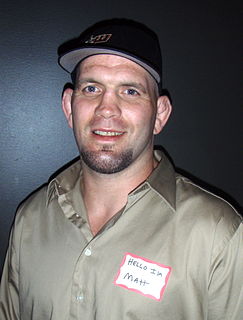A Quote by Paul Di Filippo
Science fiction is a literary field crowded with strong opinions, and no SF novelist delivered himself more memorably of his views - on politics, sexuality, religion, and many other contentious topics - than Robert Heinlein.
Related Quotes
What writers of fantasy, science fiction, and much historical fiction do for a living is different from what writers of so-called literary or other kinds of fiction do. The name of the game in F/SF/HF is creating fictional worlds and then telling particular stories set in those worlds. If you're doing it right, then the reader, coming to the end of the story, will say, "Hey, wait a minute, there are so many other stories that could be told in this universe!" And that's how we get the sprawling, coherent fictional universes that fandom is all about.
Many novelists say, "I'm not a political novelist" - myself included. That's a standard, even a default position. Whereas that divide between art and politics simply isn't possible in many countries. In Hungary, you couldn't be a fiction writer and then, when asked about politics, put your hands up in the air and say "But I'm not a political novelist." If you're a Chinese novelist, a novelist in a country where censorship is such an issue, how do you claim that politics has nothing to do with your writing? It's in your writing, it's shaping your words.
Literary science fiction is a very, very narrow band of the publishing business. I love science fiction in more of a pop-culture sense. And by the way, the line between science fiction and reality has blurred a lot in my life doing deep ocean expeditions and working on actual space projects and so on. So I tend to be more fascinated by the reality of the science-fiction world in which we live.
I use biography, I use literary connections (as with Platen - this seems to me extremely helpful for appreciating the nuances of Mann's and Aschenbach's sexuality), I use philosophical sources (but not in the way many Mann critics do, where the philosophical theses and concepts seem to be counters to be pushed around rather than ideas to be probed), and I use juxtapositions with other literary works (including Mann's other fiction) and with works of music.






































